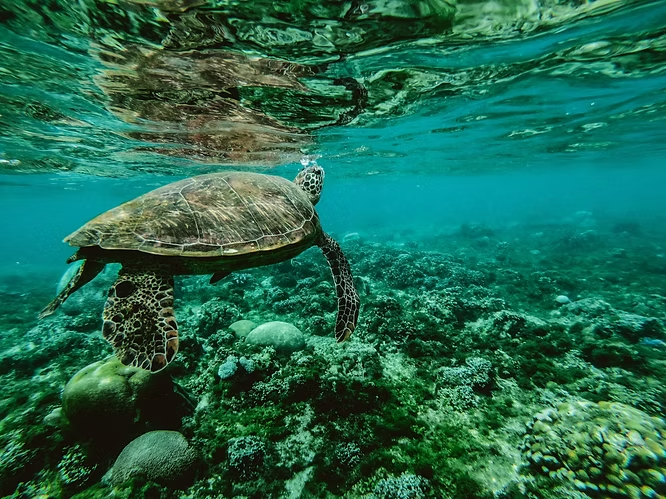Plankton as Indicators of Ocean Pollution and Human Health
“This was a pilot study to test the feasibility of using archived samples of plankton from the Continuous Plankton Recorder (CPR) Survey to reconstruct historical trends in marine pollution,” said senior author Robert K. Naviaux, MD, PhD, professor at UC San Diego School of Medicine. Motivated by rising global rates of chronic disease since the 1980s, the team explored whether the plankton exposome could serve as a marine “canary in the coal mine.”
The CPR Survey, based in the UK, is the longest-running and most geographically extensive marine ecology survey, covering nearly all oceans since 1931. It captures plankton and environmental data using sampling devices to monitor ocean health, as plankton form the base of marine food webs and are highly sensitive to environmental changes.
Naviaux, co-corresponding author Kefeng Li, PhD, and colleagues analyzed plankton specimens from three North Pacific sites (2002–2020), assessing exposure to human-made chemicals such as pharmaceuticals, persistent organic pollutants (POPs), pesticides, phthalates, plasticizers, and personal care products. Results showed that while many pollutants have decreased over the past two decades, patterns were complex and often regionally variable. Nearshore areas closest to human activity showed higher chemical concentrations due to runoff and aquaculture.
The pilot study sets the stage for research correlating the plankton exposome with predator-prey dynamics, fisheries health, and human health outcomes. Naviaux noted that plankton chemicals such as perfluoroalkyl substances (PFAS) and phthalates affect mitochondrial function, which is central to the cell danger response (CDR)—a process implicated in chronic diseases including autism, ALS, depression, and cancer. Disruptions to the CDR by environmental chemicals can prevent cells from completing natural healing, contributing to persistent disease symptoms.
Naviaux emphasized, “Plankton are responding to the chemicals in their exposome, in part by changes in their own mitochondria that change their biology—and so too, I would argue, are humans.” The study demonstrates that plankton exposomics could become a global tool to monitor human chemical footprints, linking ocean ecosystem health to public health and potentially guiding strategies to reduce pollution and disease risks.

